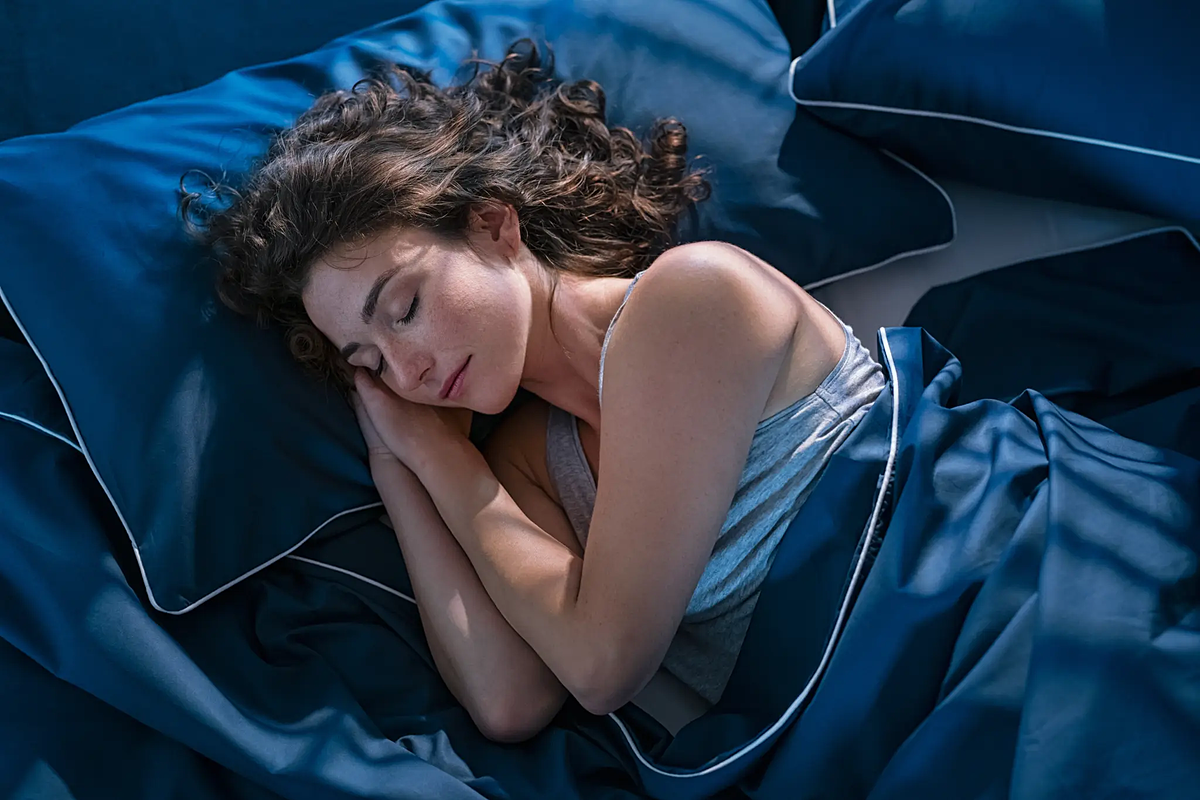While many people struggle to get enough sleep each night, some sleep for days due to a rare syndrome. Kleine-Levin syndrome (KLS), also known as "Sleeping Beauty syndrome," is a neurological disorder that causes sufferers to sleep for extended periods, sometimes up to 16-20 hours a day. This rare condition affects only one to five people in a million, and is more common in Ashkenazi Jews. To date, only about 500 cases have been reported in medical journals.
About 70% of KLS patients are male, but the syndrome can affect both sexes, typically starting in adolescence and lasting an average of 14 years. KLS belongs to a group of central sleep disorders that also includes narcolepsy. The disease progresses in cycles, alternating between periods of relapse and remission, lasting for about 10 to 20 years.
Each KLS episode can last an average of 10 days, sometimes up to several weeks. In some cases, patients have slept continuously for 70 days. Besides excessive sleepiness, they can experience insatiable hunger, increased libido, hallucinations, and behavioral changes such as irritability and disorientation. Many also experience anxiety, depression, and memory impairment.
 |
An episode of 'Sleeping Beauty' syndrome can last about 10 to 20 days. Photo: Adobe Stock |
An episode of 'Sleeping Beauty' syndrome can last about 10 to 20 days. Photo: Adobe Stock
According to the Kleine-Levin Foundation, the average patient experiences about 20 episodes throughout their life. During periods of relapse, patients are often advised to stay home due to the risk of accidents if they lose control while driving or operating machinery.
The cause of KLS is currently unknown, but several theories suggest it may be linked to genetics or be a consequence of trauma or infection. A 2005 study suggested KLS could be the result of a misguided autoimmune response, where the body mistakenly attacks brain tissue.
Factors that can trigger a KLS episode include infections, the use of stimulants, head trauma, physical exertion, and stress. During sleep episodes, patients can still eat and use the bathroom, but often don't remember clearly and find it difficult to participate in activities beyond the automatic level.
"I lost everything during my episodes: I couldn't go to school, I was separated from my family, and I gradually lost contact with my friends," one patient shared.
After the episode, the patient's behavior and daily rhythm will return to normal.
Treatment for KLS usually involves a combination of medication (lithium, intravenous steroids, stimulants) to reduce the frequency, duration, and severity of episodes. In addition, psychological therapy is also recommended to help patients cope with symptoms such as anxiety, depression, or libido disorders.
Thuc Linh (NY Post)












